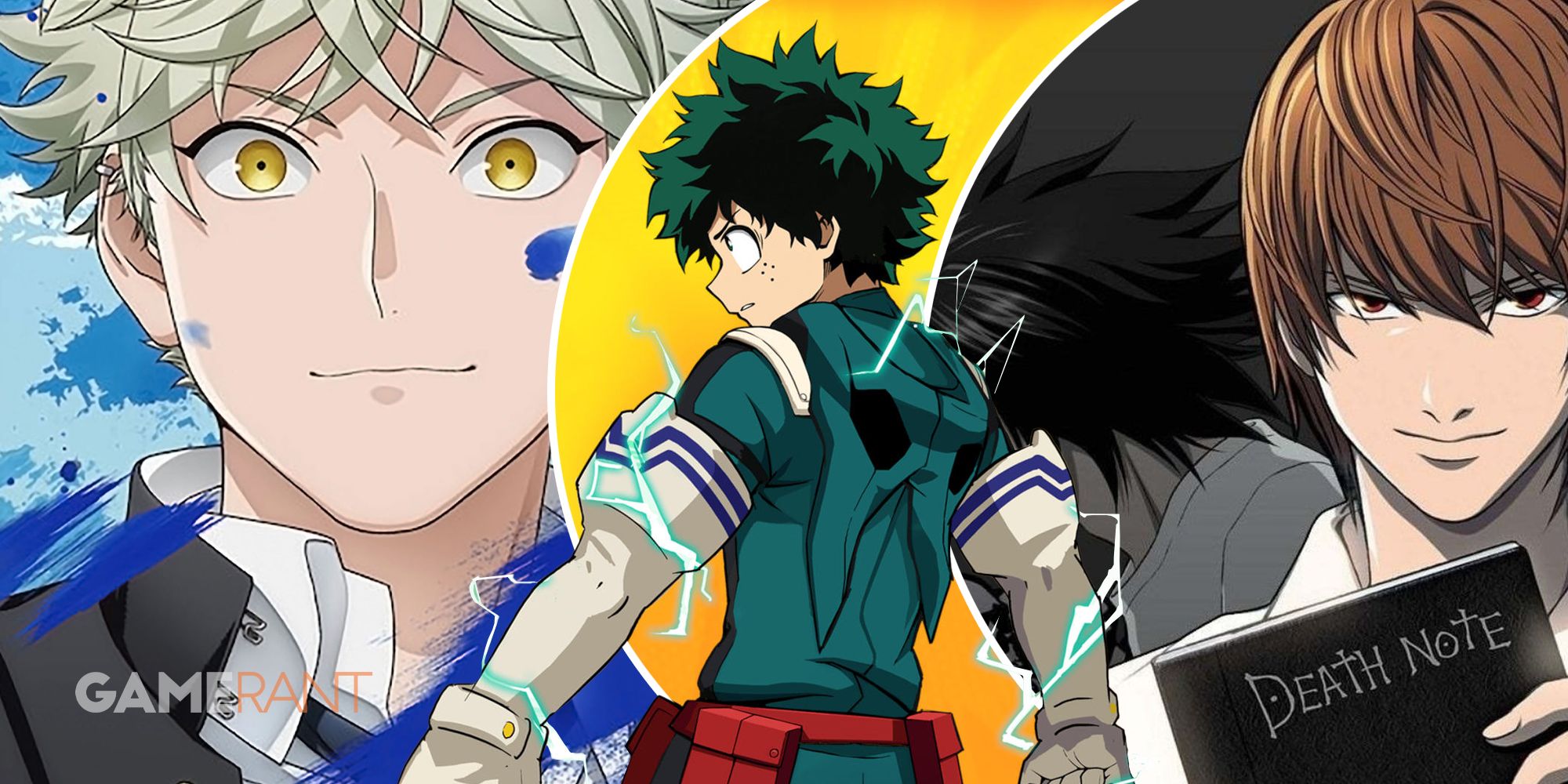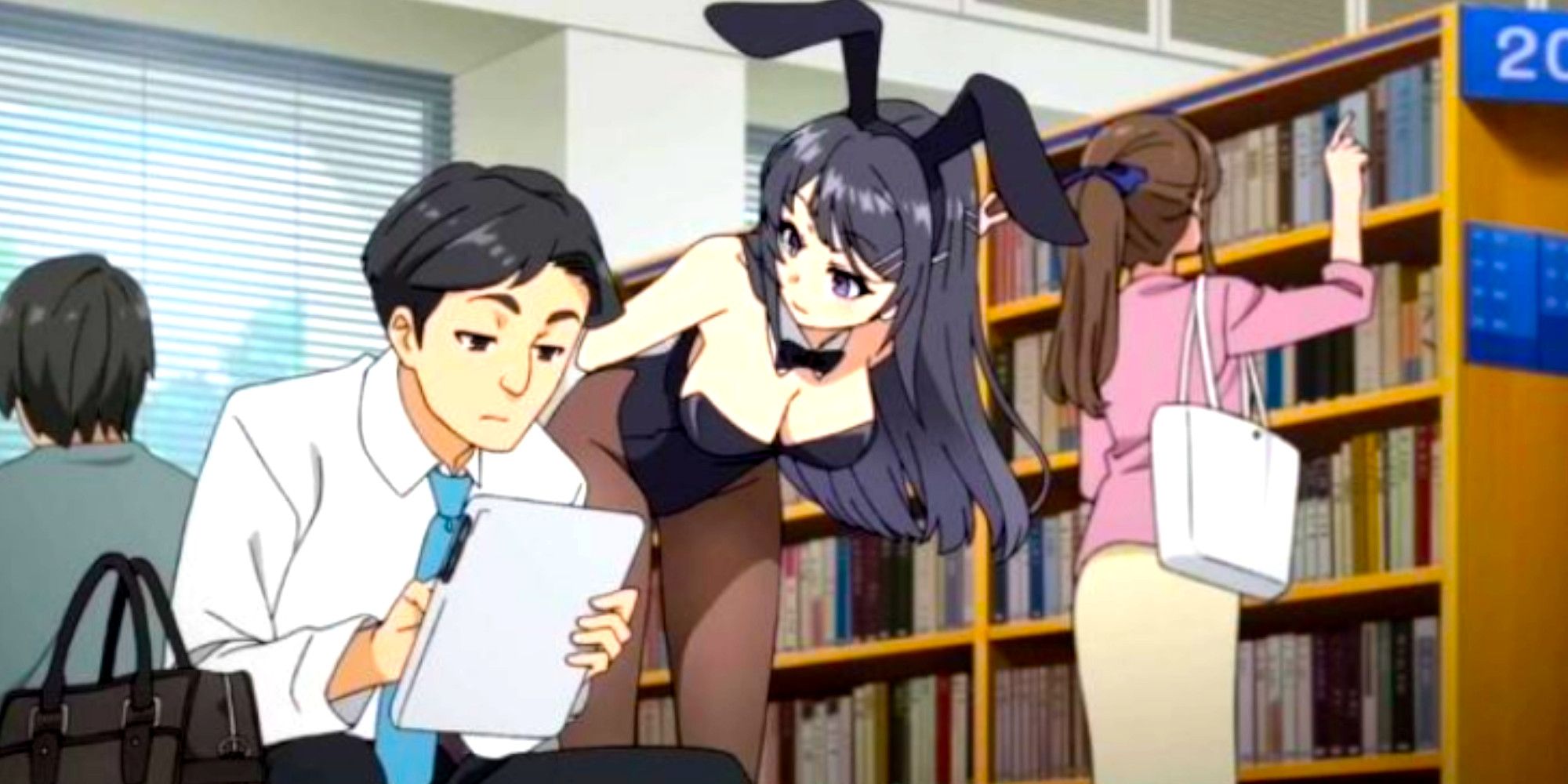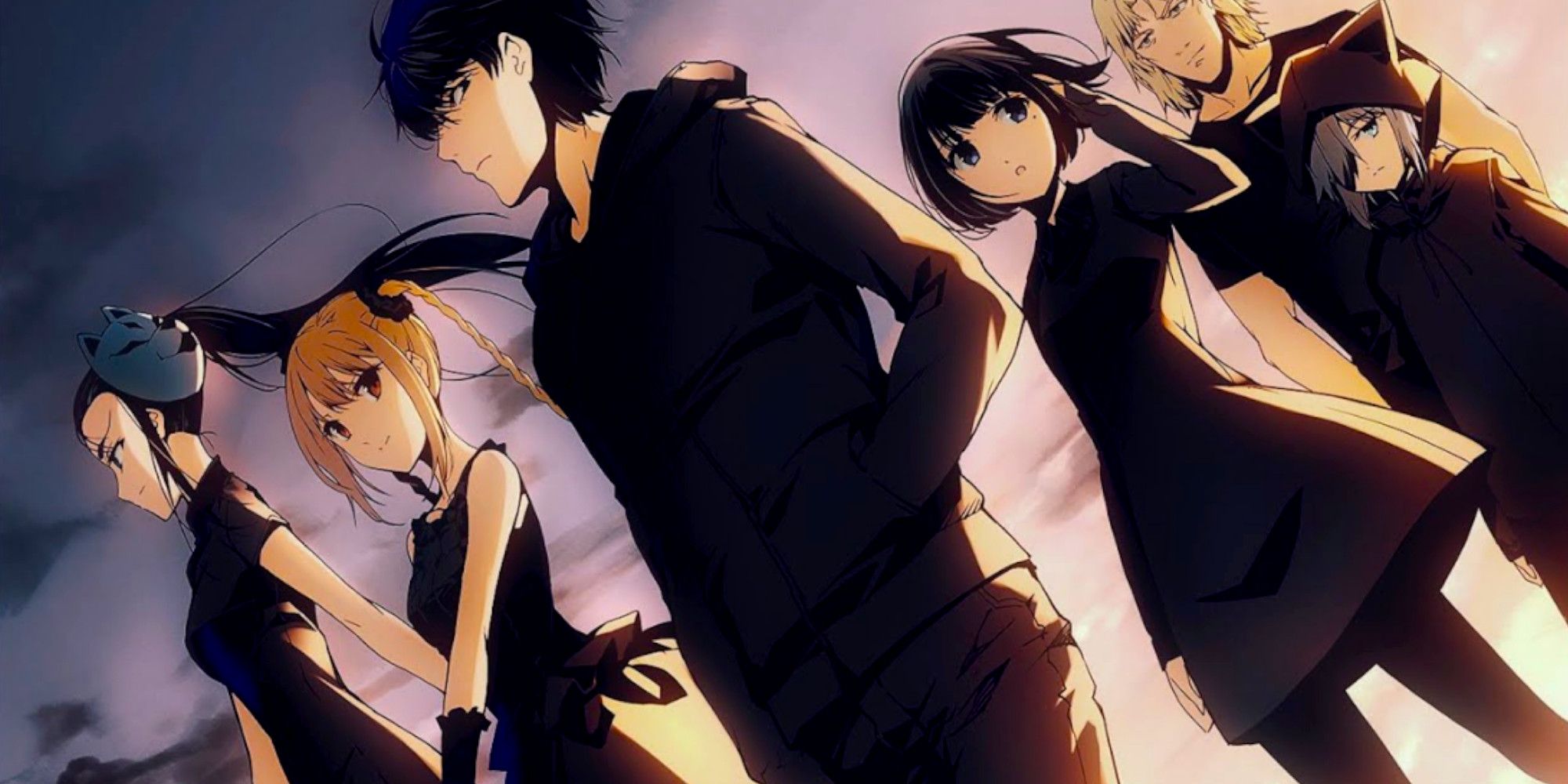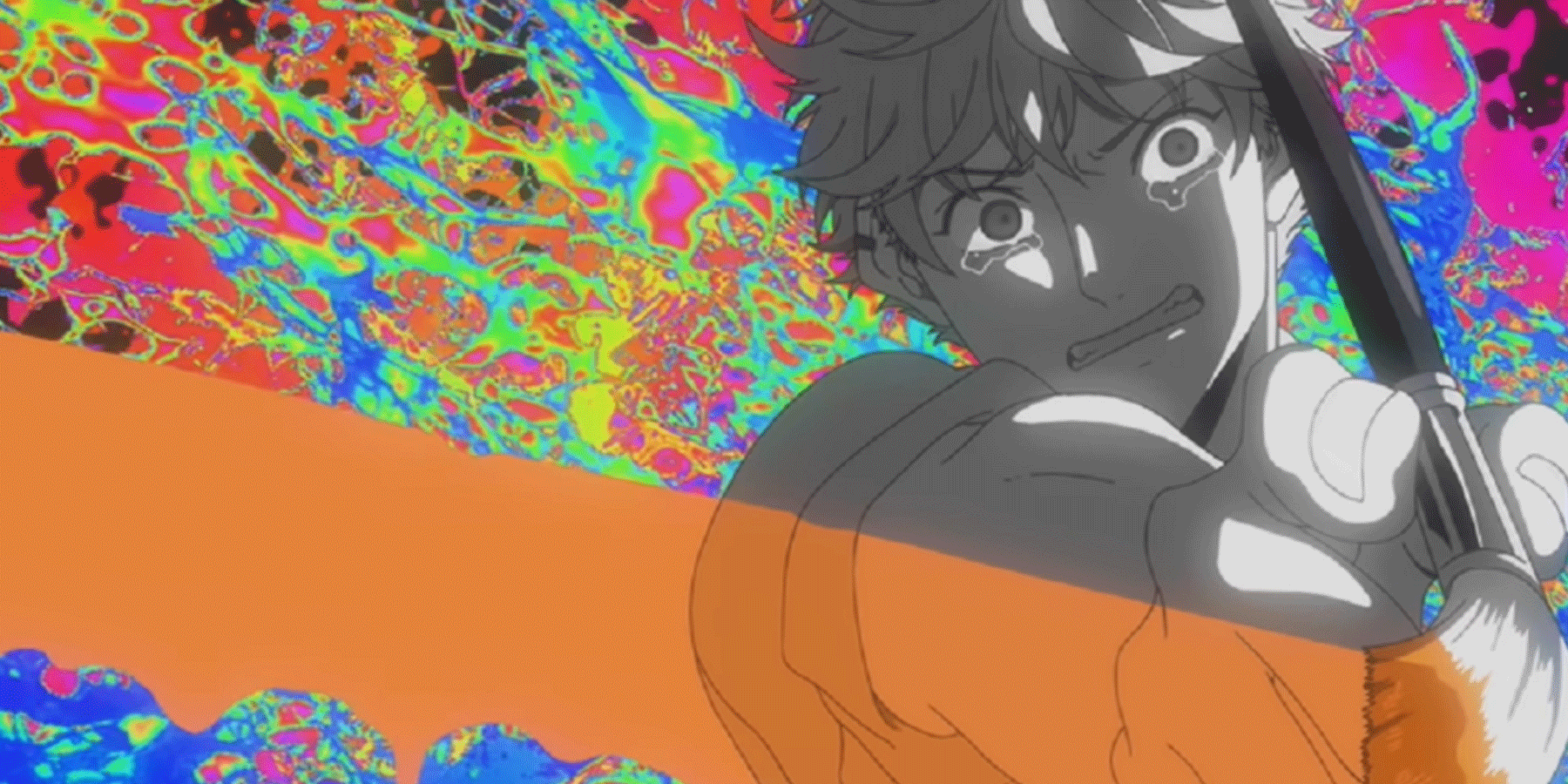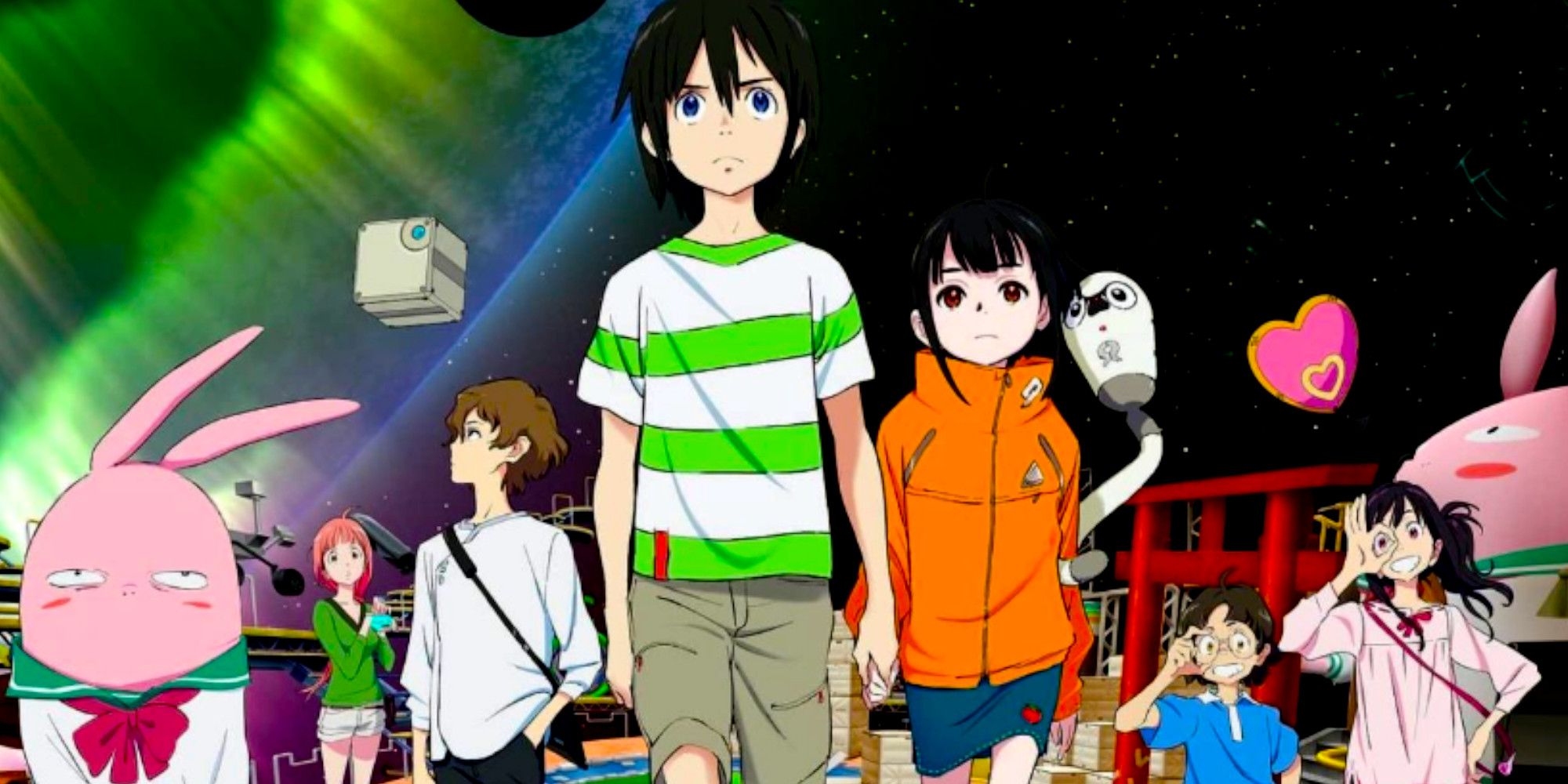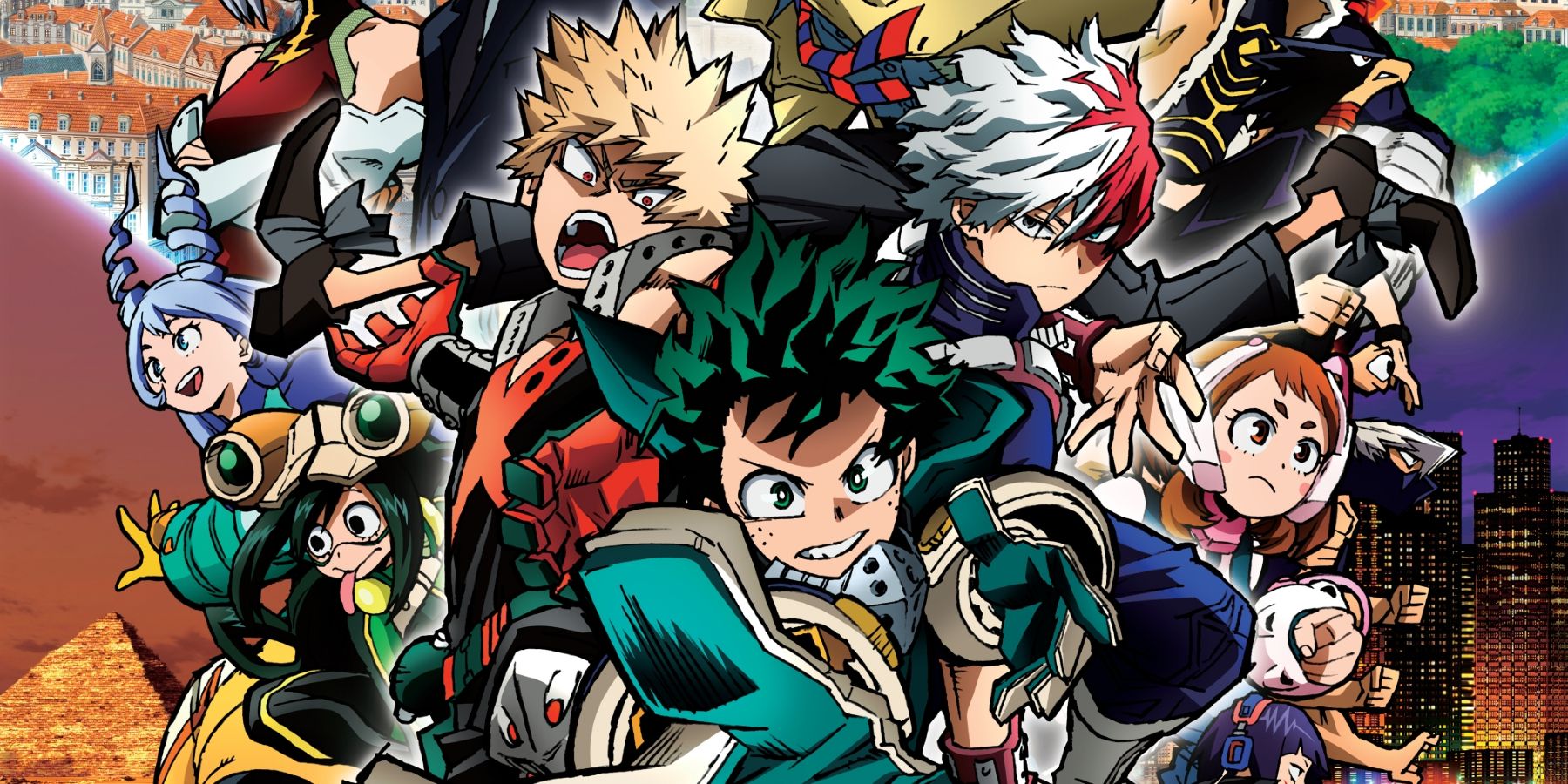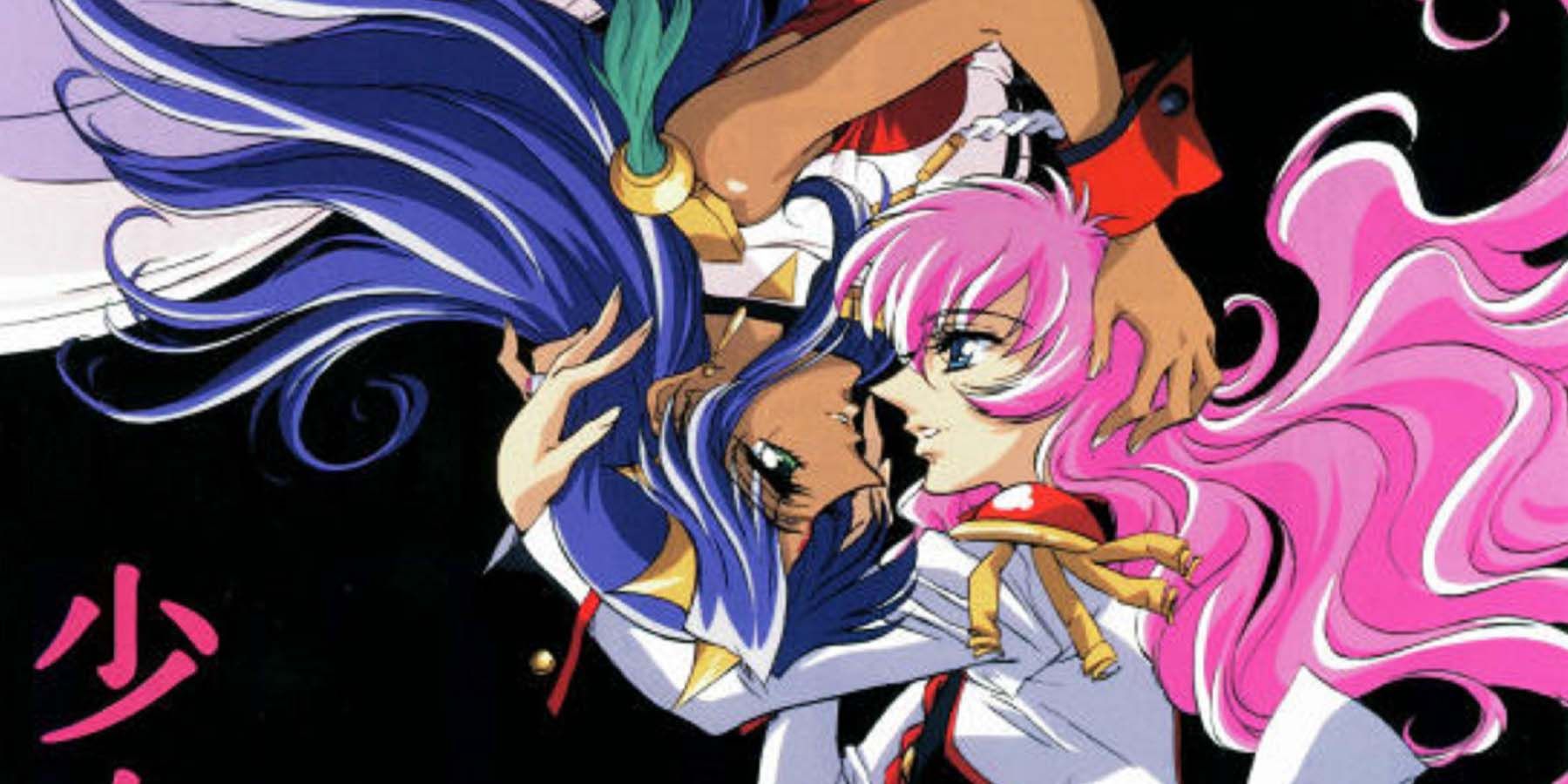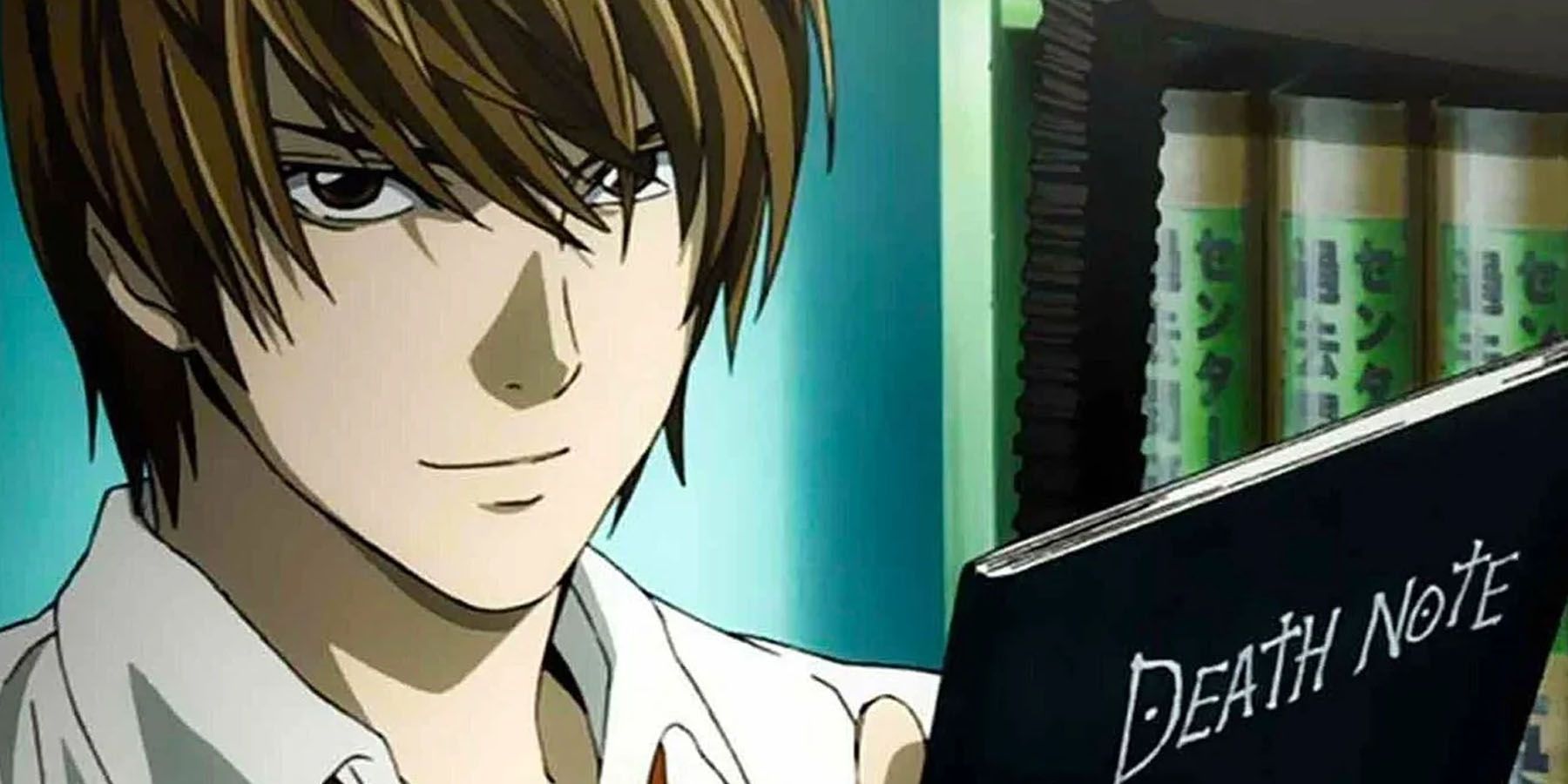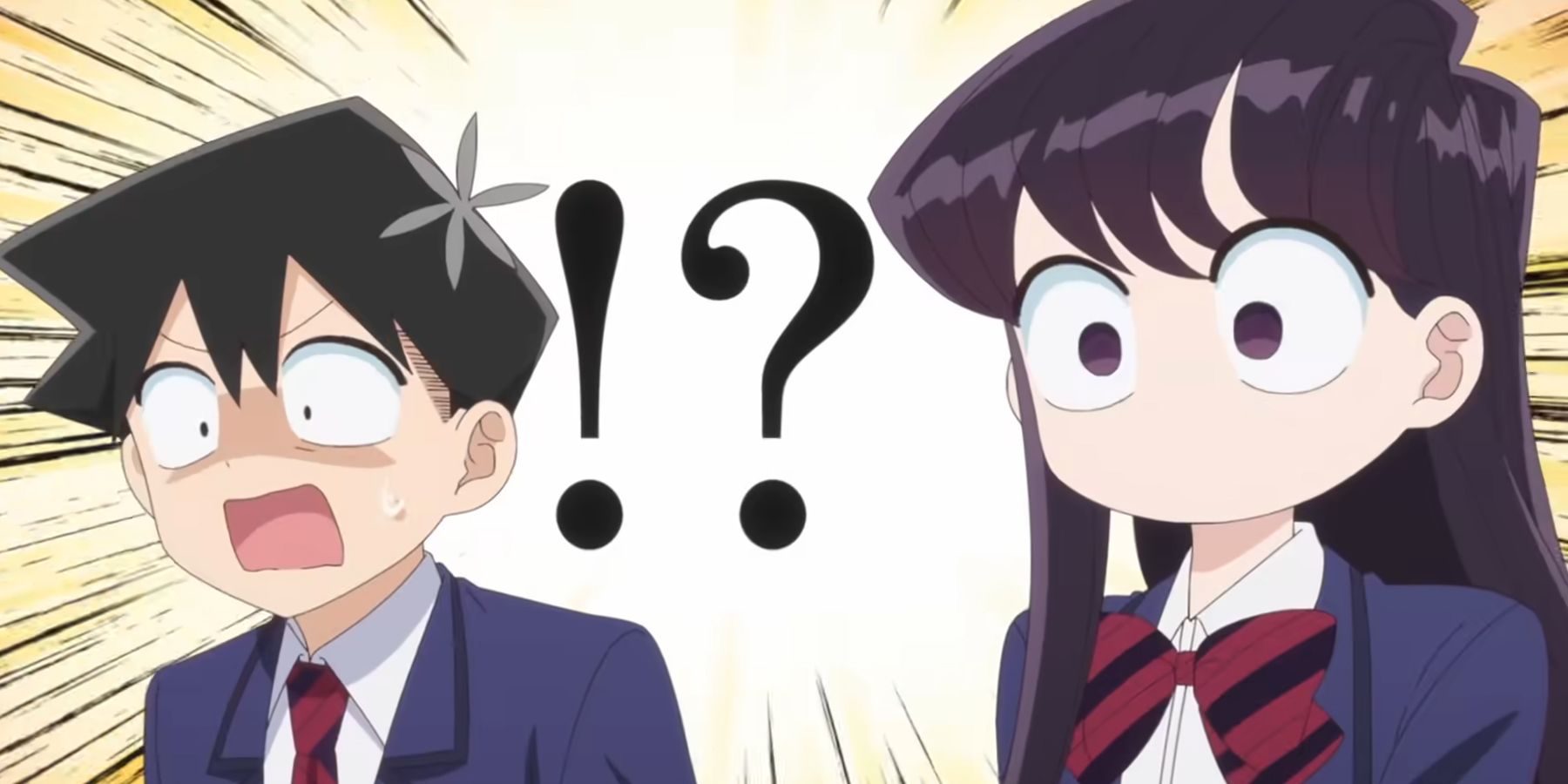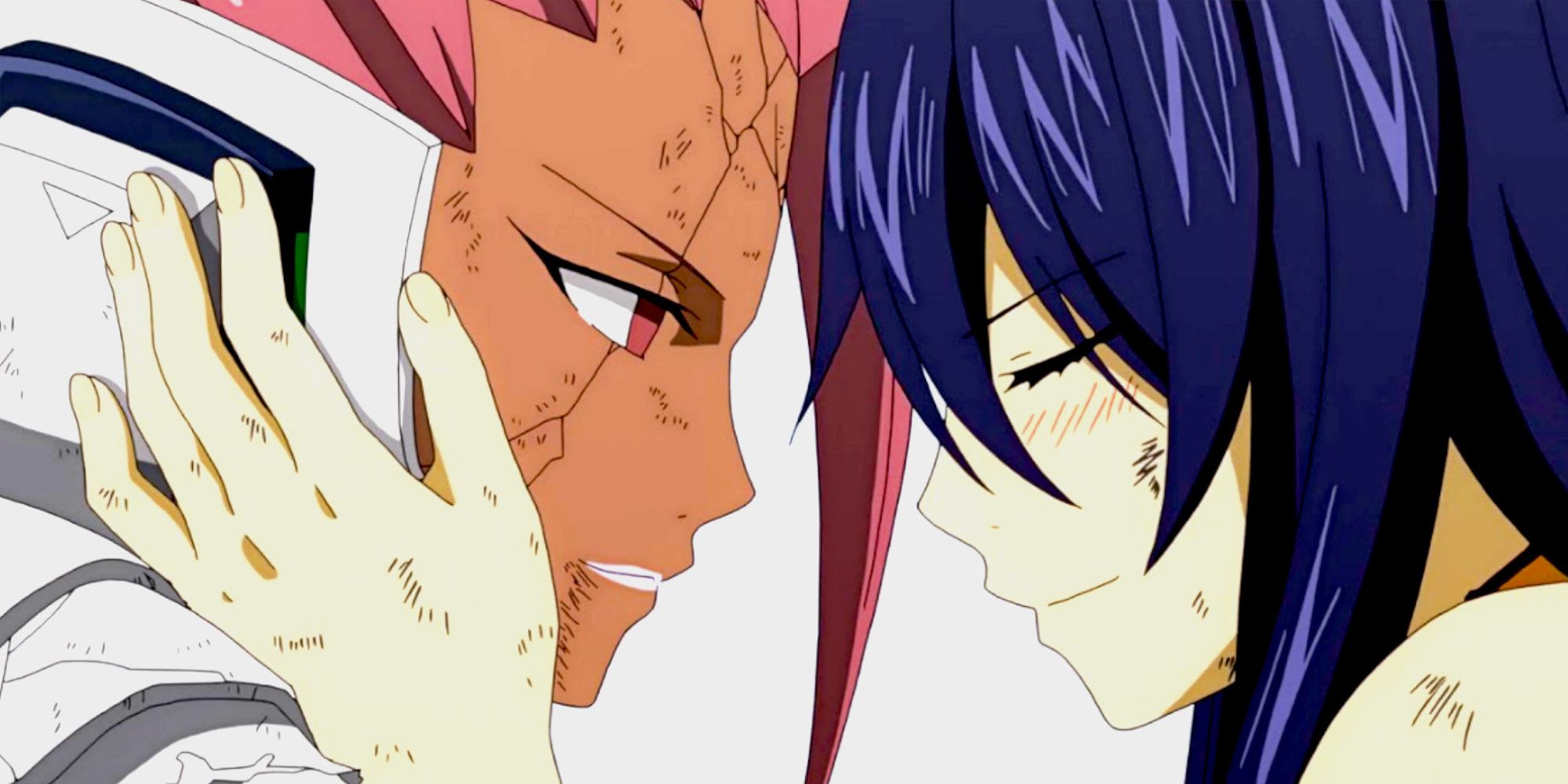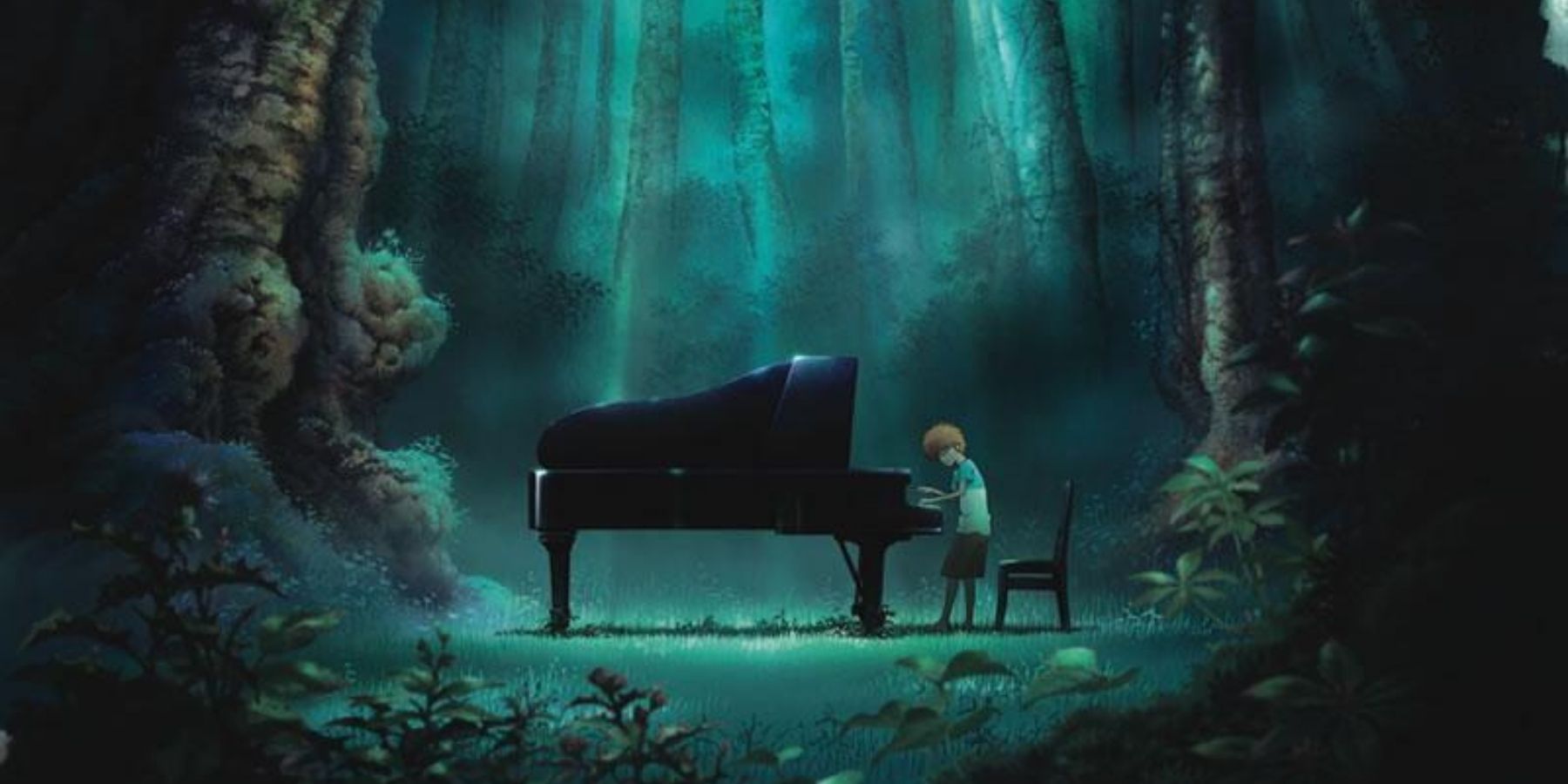Most anime have indisputable entertainment value, however, not all stories are just blood and guts or laughs and giggles, as many tales have an added "Aesop's Fable" element to them. Sometimes, the depth of the story is subtle, whereas other life lessons will slap viewers in the face; but finally, relevant issues are brought to the surface, refusing to be ignored any longer.
These popular anime will motivate fans to use their thinking caps as several ideologies are discussed in not-so-obvious ways. Whether it be attempting to relate to social issues, or wrapping one's head around scientific concepts, the ideas presented in animation format are not quick to dispel from one's mind.
10 Quantum Physics: Rascal Does Not Dream of Bunny Girl Senpai
The concept of 'puberty syndrome' might seem quite wild and outlandish, but when Rio Futaba starts to provide scientific explanations for these strange phenomena, viewers begin to consider the possibilities. Puberty syndrome is essentially the physical manifestation of teenage anxiety that will cause one to become invisible, swap bodies, lose memories, and more, as a coping mechanism of sorts.
Where most people affected by this disorder are not believed, Sakuta Azusagawa and Futaba turn to science (and not some magic ritual) to save the day. Quantum physics-based ideas are deconstructed until a theory accurately fits and the mystery can be solved.
9 Human Nature: Darwin's Game
If given the opportunity to end another's life with seemingly no consequences but instead receiving bountiful rewards, does the moral compass falter? This is the question that Sudou Kaname and the rest of the players of Darwin's Game must face when they enter the not-so-virtual realm of the ultimate death race.
The aim of the game is debatable. Where some say one need only survive, others focus on the killing component, as monetary rewards are gifted to the winners of each deathmatch or tournament. Desperation and bloodlust fuel most of the players, while some are just victims of unfortunate circumstances; viewers find themselves thinking about which category they would fall into if caught in Darwin's Game.
8 Defining Art: Blue Period
What is art? A question that even most professionals battle to sufficiently answer. Yatora Yaguchi has discovered his natural creative talent relatively late in life and has only a few short months to prepare himself for the Tokyo Art Institute entrance exams. In a crash course in art, viewers follow Yatora, Yuka, and their colorful classmates as they go through the emotional journey of artistic discovery.
One of the most crucial themes of Blue Period is the idea that anyone can create art, so long as they put in the effort, don't get discouraged, and eventually, learn to view the world in a new light. Who knows what hidden talents lay dormant out there.
7 Inhabiting Space: Orbital Children
This six-episode miniseries packs a lot of depth into a short amount of time, as viewers are met with an assortment of concepts to mull over. From Artificial Intelligence so developed that it can predict the future, to considering what would happen if humanity attempted to populate space, Orbital Children covers many sci-fi bases as viewers gain insight into what it could be like to live on a space station.
The idea of inhabiting places other than Earth is slowly becoming a more realistic concept since certain billionaires have joined the space race. It could be a reality sooner than most thought, and the pros and cons of space travel are quite adequately weighed up as the differences between space-born Touya Sagami and Earth-born Taiyo Tsukuba's lives become more evident.
6 Good vs Evil: My Hero Academia
In a story of heroes against villains, choosing the 'good side' should be easy, right? Wrong! My Hero Academia has the uncanny ability to make its miscreants relatable while casting doubt on the protagonists' integrity. The boundaries between black and white are muddled as the heroes focus more on their fame and fortune than actually helping the community, and the bad guys want nothing more than justice to be served (well, some of them anyway).
After some time many fans find themselves building their own dream team, with characters from each side of the coin. They slowly realize that nobody is completely good or absolutely evil, as each character's true intentions are slowly revealed.
5 Gender Roles: Revolutionary Girl Utena
Utena Tenjou is less than satisfied with how things work at Ohtori Academy, and will not roll over and comply simply because she is a girl. This strange society reflects old-school traditions whereby a maiden's hand is 'earned' by winning a duel. When Utena defends her friend Anthy Himemiya from humiliation, she unintentionally gains a Rose Bride in the process and is subsequently forced to continue to fight for Anthy's honor.
Utena refuses to conform to typical gender conventions as she sees no value or integrity in labeling and objectifying people. She does not simply want to rescue Anthy, but also to help her to find her own independence, and relinquish the suppressive stereotypes that have burdened these girls for so long.
4 Accountability: Death Note
The ability to play God might just be too much for some, but that doesn't stop fans from subconsciously (or purposefully) adding names to their own internal Death Note list. Who makes the cut, and why? Is there really ever a legitimate reason to cause death, and where is the line drawn? So many questions, but the young Light Yagami confidently claims to have all the answers, while causing death and destruction at the flick of a pen.
Possessing so much power can easily bring out the worst side in anyone, and it is virtually impossible not to consider the options. In Light's mind, all the death he causes is for the greater good, a concept that does not sit well with everyone.
3 Understanding Social Anxiety: Komi Can't Communicate
If anyone wonders about what it feels like to have social anxiety, then Komi Can't Communicate is the perfect place to start for an accurate (and entertaining) analogy. Komi is a Goddess by high school standards and quickly becomes the most popular girl at school. Her extreme social anxiety is repeatedly mistaken for a chic aloofness that only the coolest kids could possess; and yet it is Komi's overwhelming fear that renders her speechless.
It is easy for fans to put themselves in Komi's shoes to discover the inner working of the anxious mind. One might also consider what they would do in Tadano Hitohit's case, as a friend trying to assist someone who is suffering from a potential mental disability.
2 Motherhood: Edens Zero
This sci-fi anime may tickle the brain with the concept of gravity manipulation, however, the perception of motherhood is another major theme in Edens Zero's story. Along her travels, Homura Kōgetsu partners up with Shiki Granbell and together they search for the Four Shining Stars; one of which is Homura's beloved mentor.
Homura was abandonend as a young girl, but luckily the android Valkyrie Yuna raised her while her real mother pursued fame and fortune. Regardless of her dedication, Valkrie was prohibited from claiming the title of mother, as a machine (apparently) cannot love. So who deserves the honors: a machine with no heart, or a human without a maternal bone in her body?
1 What Constitutes Talent: Forest of Piano
Who is more talented: the one who is born with a natural ability, or one who has put in years of hard work and dedicated practice? This is the debate between Shūhei Amamiya and Kai Ichinose in Forest of Piano, where two boys from opposite sides of the track find commonality in their love for classical music. Both intending on winning the Chopin Competition, these friends must decide how to handle the competition growing between them.
The choice between being supportive or discouraging is put on the table, and jealousy starts to cloud their judgment. Shūhei feels that he is more deserving due to his devotion, but why should that take away from Kai's skills? Talent, whether inherent or learned, should be appreciated nonetheless.

